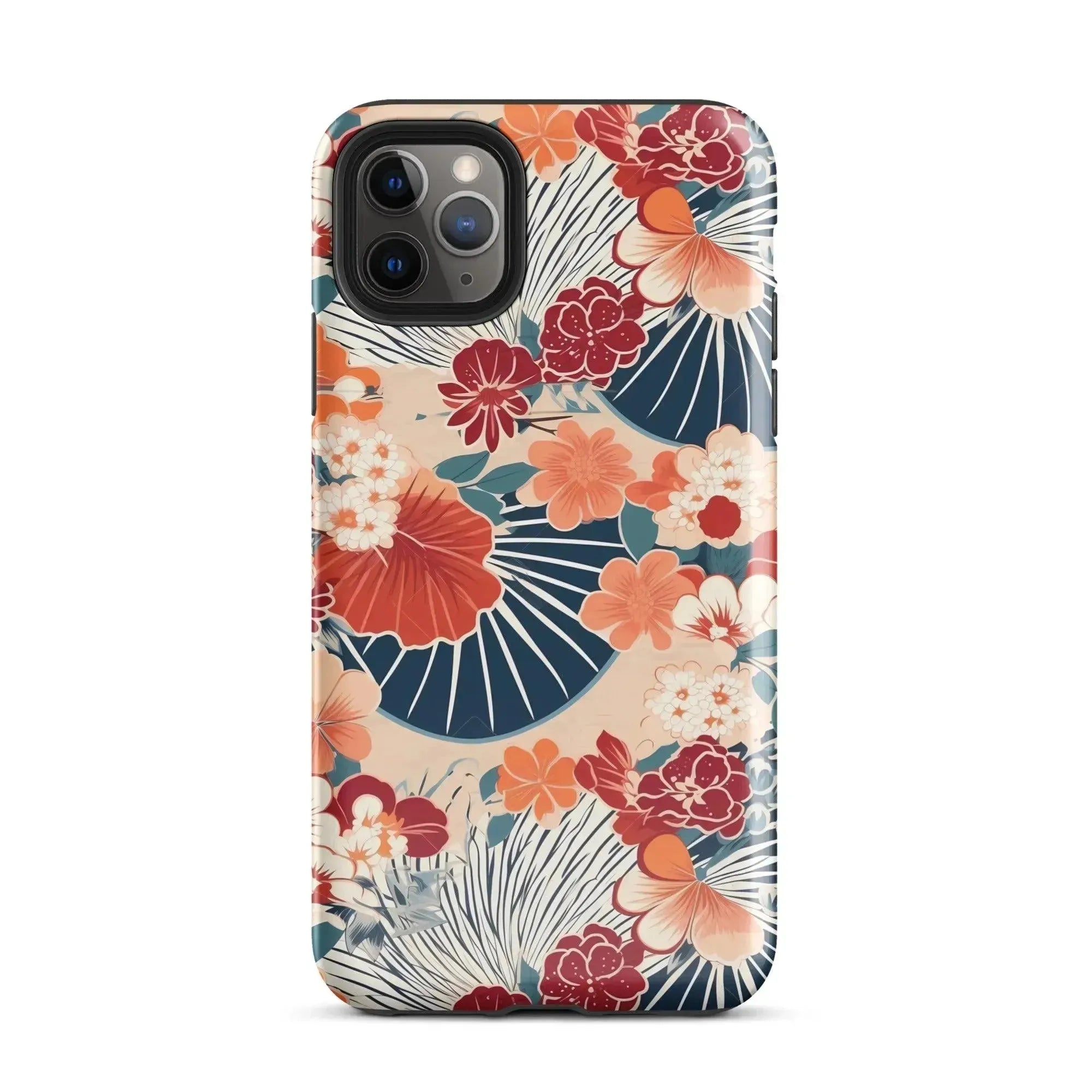Origami, the captivating art of paper folding, has fascinated people around the world for centuries. From simple paper cranes to complex geometric structures, origami represents a delightful fusion of creativity, precision, and imagination. Join us on a journey as we explore into the origins, history, and modern-day wonders of this remarkable craft!
Origins of Origami
The word "origami" itself is derived from two Japanese words: "ori" meaning "fold," and "kami" meaning "paper." While Japan is commonly associated with origami, the art form's origins trace back to ancient times and are not limited to one particular culture.
The exact origins of origami are shrouded in mystery, with some evidence suggesting that paper folding might have begun in China around the 1st or 2nd century. However, it was in Japan where origami truly flourished and became an integral part of their culture.
Origami in Japanese Culture
Origami gained prominence in Japan during the Heian period (794-1185), primarily as an aristocratic pursuit. The Japanese aristocracy used origami as a form of decoration during ceremonies and special occasions, folding intricate models of animals, flowers, and objects. Gradually, origami became accessible to the general population, spreading throughout Japan and influencing various aspects of their culture.
In the 17th century, a new form of origami called "Kirigami" emerged, which involved cutting the paper in addition to folding. Kirigami allowed for more intricate designs and added a new dimension to the art form.
Origami's Global Reach
With the passing of time, origami transcended geographical boundaries and reached far beyond Japan. The art form gained international recognition in the mid-1900s, thanks in part to the efforts of Japanese artist Akira Yoshizawa. Yoshizawa developed a system of notation that made origami instructions more accessible to a global audience.
Today, origami has become a cherished craft practiced by people of all ages and cultures worldwide. It has evolved beyond traditional models to encompass a wide range of styles, including modular origami, tessellations, and even mathematical applications.
The Magic of Modern Origami:
The beauty of origami lies not only in the finished creations but also in the meditative process of folding itself. It allows us to escape the fast-paced modern world, fostering focus, mindfulness, and a sense of calm.
Origami has also found its place in various practical applications. From architecture to aerospace engineering, the principles of origami have inspired innovative designs. Scientists and engineers have drawn inspiration from the foldable nature of origami to create space telescopes, deployable structures, and even medical devices.
Origami has also become a source of inspiration for artists and designers, who explore the boundaries of creativity using paper as their medium. By pushing the limits of what can be achieved through folding, these artists have created breathtaking sculptures, installations, and fashion designs.
Embrace the Art
Origami, with its rich history and infinite possibilities, invites us to explore our own creativity and imagination. Whether you're a beginner folding your first paper crane or an experienced folder tackling intricate designs, origami provides a canvas for self-expression and an avenue for discovering hidden talents.
So, grab a piece of paper, follow some tutorials online, and embark on your own origami journey. Unleash your artistic spirit, immerse yourself in the ancient art form, and experience the joy of transforming a simple sheet of paper into something extraordinary.
Conclusion:
Origami is more than just a creative pastime; it's a testament to the human capacity for ingenuity, patience, and artistic expression. From its mysterious origins in ancient times to its global reach today, origami has captured the hearts and minds of people worldwide.
Through the art of folding, we connect with a timeless tradition and unlock a world of possibilities. So, let your fingers dance across the paper, let your imagination soar, and let origami be your window into a world of beauty, wonder, and self-discovery.
Embrace the art of origami and let its delicate folds and intricate designs unfold a new chapter of creativity in your life. Happy folding!

































































































































